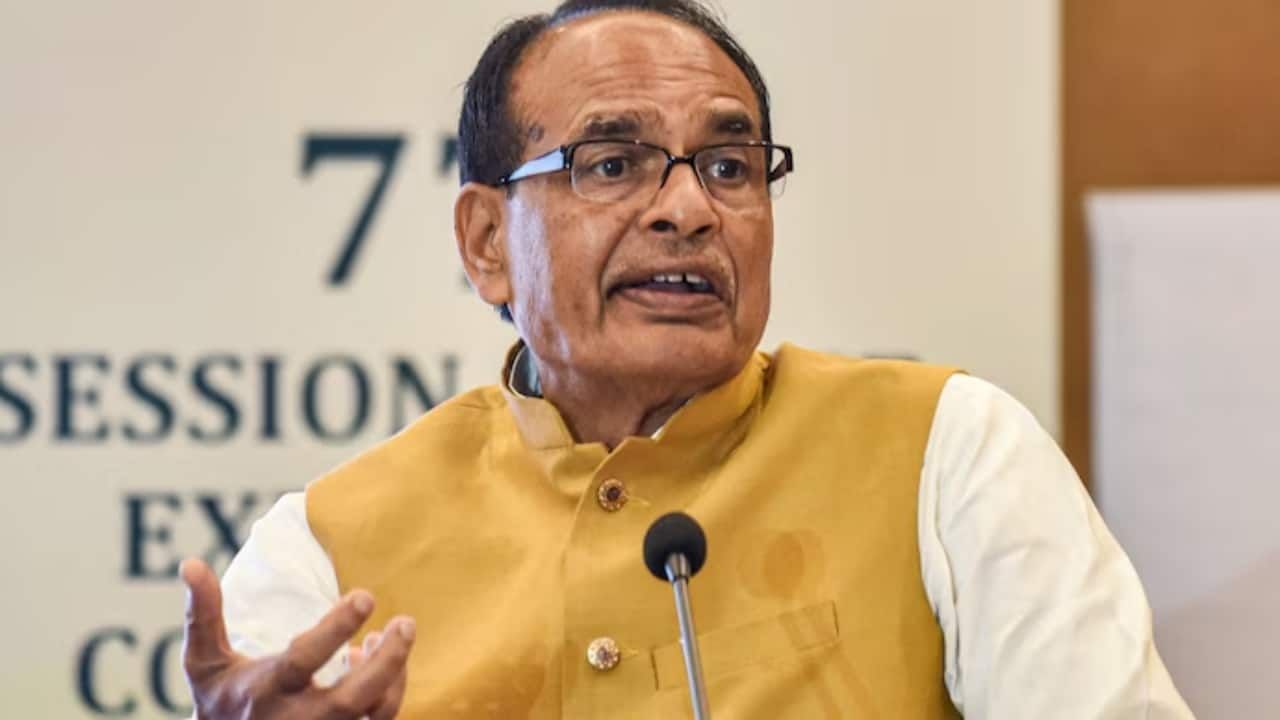 |
|
Union Agriculture Minister Shivraj Singh Chouhan recently experienced a frustrating encounter with Air India, highlighting ongoing concerns about the airline's service quality even after its acquisition by the Tata Group. During a recent trip from Bhopal to Delhi, Chouhan was assigned a broken seat (8C) on Air India flight AI436. His account of the incident, shared on X (formerly Twitter), detailed the discomfort and inconvenience caused by the malfunctioning seat, which was described as 'broken and sunken in.' This simple incident reveals a deeper issue within Air India's operational efficiency and customer service standards. The fact that a high-profile government official, a Union Minister no less, was subjected to such subpar treatment raises serious questions about the consistency of service provided across all passenger classes and flights. The broken seat was not a mere oversight; Air India staff acknowledged that the airline’s management was aware of the seat's condition and that the ticket for that specific seat should not have been sold. This admission speaks volumes about the airline's internal processes and lack of accountability for ensuring passenger comfort and safety. The negligence implies a systemic failure within the booking and maintenance systems of Air India, potentially compromising customer satisfaction and putting the airline's reputation at risk.
Chouhan’s response to the situation was noteworthy for its measured approach. Although personally inconvenienced by the discomfort of the broken seat, he chose not to displace other passengers by requesting a seat change. He prioritized the comfort of his fellow passengers over his own, showcasing a degree of responsibility and consideration that is often lacking in similar circumstances. However, his decision not to switch seats did not diminish the gravity of his concerns. He voiced his disappointment and frustration, not only expressing his personal experience but also highlighting a broader issue of ethical responsibility. He rightly questioned the practice of charging full fare for a damaged, unusable seat. This raises concerns about potential exploitation of passengers, implying that Air India might be prioritizing revenue over customer satisfaction, a practice that could damage its long-term reputation and customer loyalty. The incident serves as a stark reminder that even amidst advancements and high-profile takeovers, basic standards of customer care and ethical practices must remain at the forefront of any business operation, particularly in the service sector.
Air India's swift response to Chouhan's complaint on X is a positive step towards addressing the problem. The airline promptly apologized for the inconvenience and assured the minister that they were thoroughly investigating the matter to prevent similar occurrences in the future. They also invited Chouhan to communicate directly with them to further discuss the issue. This immediate response demonstrates a willingness to rectify the situation and improve their customer service, suggesting that the airline is taking the feedback seriously. However, the effectiveness of Air India's response will depend on the concrete steps taken to improve their operational procedures and prevent future incidents. Simply apologizing is not enough; the airline needs to address the root cause of the problem, which appears to be a systemic flaw in their seat maintenance and ticketing systems. This includes implementing stricter quality control measures, investing in regular maintenance checks, and ensuring that damaged seats are removed from service and not offered to passengers. A comprehensive review of their operational procedures, including staff training on customer service and proper handling of complaints, is essential to rebuild trust and improve overall passenger experience.
The incident serves as a valuable case study for the aviation industry. It underscores the importance of prioritizing customer satisfaction and adhering to ethical business practices. For Air India, the incident presents a crucial opportunity to demonstrate their commitment to improvements promised after the Tata takeover. The way they handle this situation – from the thoroughness of their investigation to the effectiveness of implemented changes – will significantly impact public perception and their ability to regain customer trust. A lasting solution must address not only the immediate complaint but also the underlying systemic issues that allowed such an incident to occur in the first place. The failure to do so could lead to a decline in customer loyalty and potential damage to the airline's long-term sustainability. Government officials are, of course, not immune to facing poor service, but their experiences often shine a spotlight on issues that might otherwise remain unnoticed or unaddressed. The fact that this complaint reached such a high profile highlights the need for continuous improvement and reinforces the importance of prioritizing customer well-being in the aviation industry.
Source: 'Cheating passengers, taking advantage': Shivraj Singh Chouhan blasts Air India for 'broken seat'
